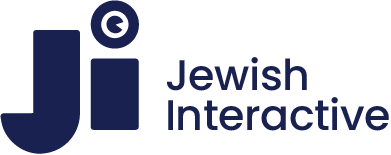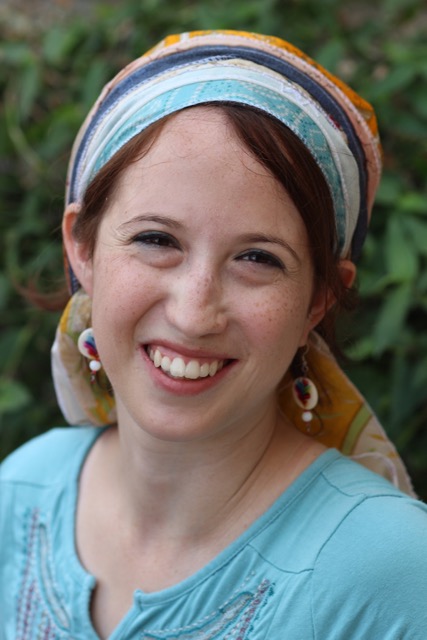Language acquisition is a fascinating topic that includes elements of neuroscience, linguistics and child development. And if you, as an adult, have ever tried to learn a new language, you know it’s not easy; there are all sorts of grammar rules and different sounds to get your head around. But somehow, you absorbed your first language without a single lesson, vocabulary test or textbook.
There’s that look on your baby’s face—it’s quizzical and reflective. I call it: the you-can-almost-see-the-cogs-turning expression. They’re just taking in so much and recent fascinating research is proving it. The study highlights how babies can perceive all possible sounds and their differences, even ones that don’t appear in their native language, while adults can only discern the sounds of the languages they speak.
They found that this surprising capability tapered off toward a child’s first birthday. Seemingly they lose it so that they can focus on bringing forth those first words in their mother tongue.
The experiment continued: they brought someone in to speak to the babies in a different language for a total of 12 sessions during a two-month window of opportunity just before their first birthday. After those 12 sessions those babies retained the ability to distinguish sounds that are unique in languages other than their mother tongue past their first birthdays.
What’s happening in the toddling research laboratories?
The babies are taking in statistical data on everything they hear; how often sounds are heard and what repeated words signify. Those cogs really are turning. What is particularly fascinating is that they didn’t get the same results if the 12 sessions were done using the medium of a TV screen to speak to the baby. The baby’s social brain actually needed a human being facing them in order for them to take in these statistics.
What’s also intriguing is that when children start to talk, usually around 12-18 months, they follow the grammatical rules for that language and they form phrases in those distinct patterns. To put it another way, they’re still figuring out the toilet, yet they are processing and parsing speech patterns. Slowly but surely, they understand where and when rules apply, even if they can’t explain it to you. For them, it’s like learning a song.
What if one parent speaks a different language?
It is pretty clear that being bilingual puts you at an advantage, some studies posit that it encourages creativity and complex problem solving and another suggests that it helps a child learn self-control. Apparently the demands related to handling two languages confer cognitive benefits that go beyond just being bilingual or multilingual.
In the past, parents were dissuaded from raising their children with two languages, as it was believed it would lead to speech delays. Current research hasn’t shown that to be the case at all. The children are hearing the tunes, tones and distribution of consonants for different languages perfectly well if they are spoken to in that second language. While some may take slightly longer to talk than those raised in monolingual families the difference is negligible and the delay, temporary.
Have fun with books, games and simple instructions. I have friends who bemoan the fact that a parent did not speak to them in a second language when they were young enough to take it all in. Our Hebrew games are suitable for non-readers age 2-5 because learning languages doesn’t always need a textbook.
Let’s not get ahead of ourselves but having a second language under your belt actually makes acquiring a third easier…







